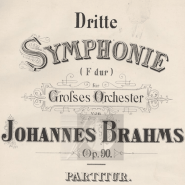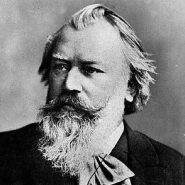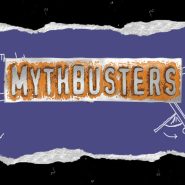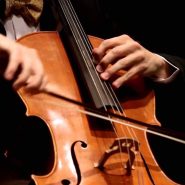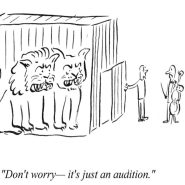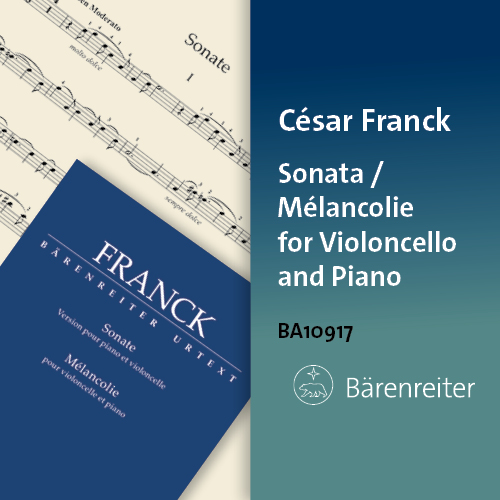Category: Auditions
By Guest Blogger October 31, 2016
Subjects Auditions, Pre-College
Tags Auditions, cellobello, CelloBlog
By Brant Taylor March 4, 2015
Subjects Auditions, Orchestra, Repertoire
By Brant Taylor May 2, 2012
Tags artistry, Auditions, Brahms, Brant, cello, cellobello, color, control, dynamics, Excerpts, exploration, fingerings, goals, inflection, legato, nuance, shifting, success, Taylor, tempo, understanding
By Brant Taylor November 16, 2011
By Melissa Kraut April 11, 2011
Subjects Auditions
Tags articulation, Auditions, bow, bow speed, career, cello, cellobello, clarity, commitment, Concerto, connection, Development, Experience, expression, imagination, intentions, intonation, knowledge, Kraut, Melissa, musicianship, passion, possibility, potential, quality, reflection, skill, sound production, Strings Magazine, students, success, suggestions, Technique, tone, vibrato
By Yeesun Kim March 22, 2011
Subjects Auditions
Tags anxiety, Auditions, cello, cellobello, clarity, commitment, communication, confidence, connection, control, energy, intentions, Interpretation, Kim, personality, potential, pressure, stress, tuning, Yeesun
By Brant Taylor March 14, 2011

